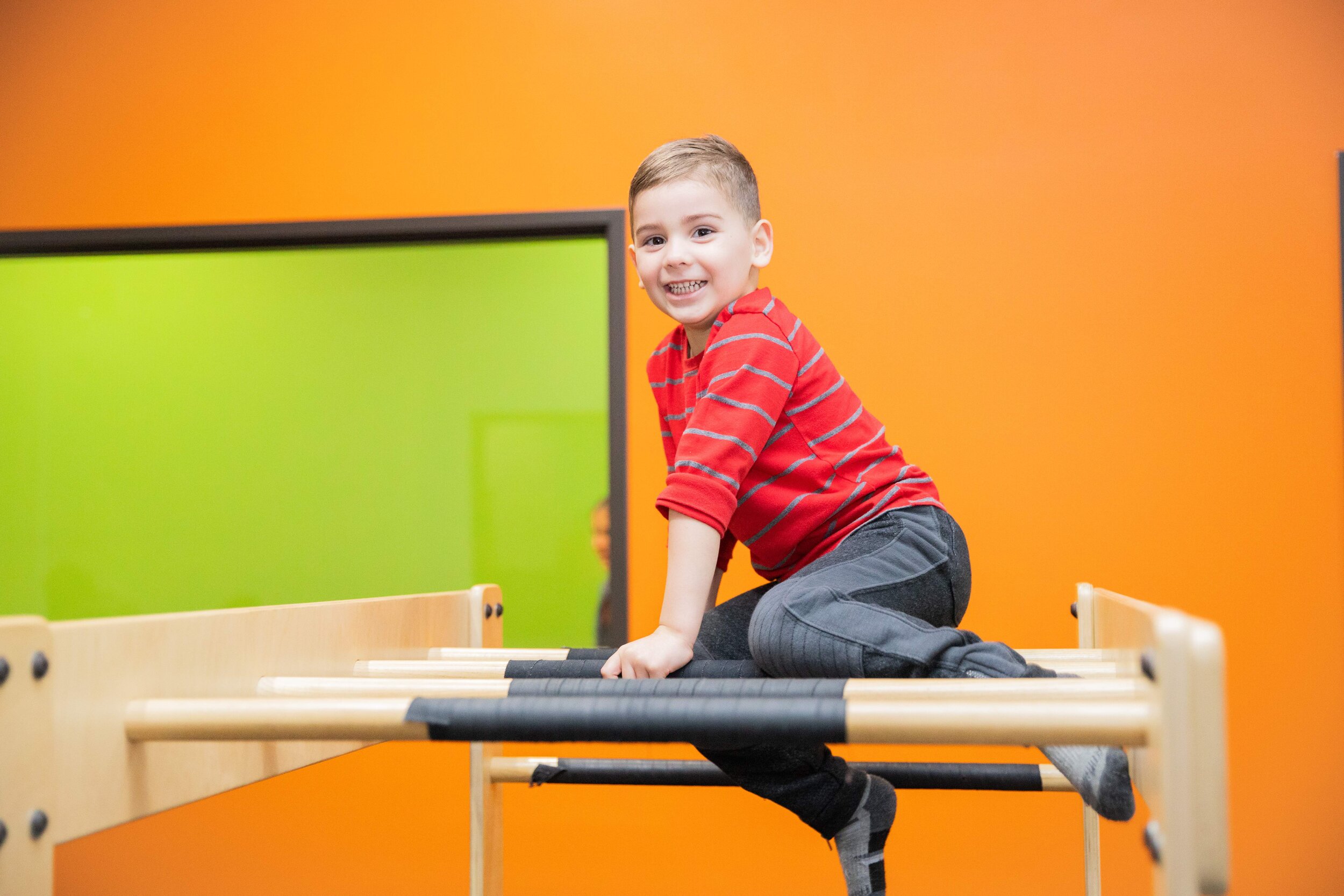
Pediatric Physical Therapy:
Growing Stronger Together
Pediatric physical therapy is a specialized field of physical therapy aimed at assisting infants, children, and adolescents in enhancing their physical abilities and quality of life. This form of therapy addresses a range of issues from minor injuries to complex congenital conditions. Key aspects of pediatric physical therapy include:
Developmental Milestones: Therapists focus on helping children reach developmental milestones such as sitting, standing, walking, and running. This is especially crucial for children who have developmental delays.
Strength and Mobility Improvement: The therapy often involves exercises and activities to increase muscle strength, endurance, and flexibility, which are essential for gross motor skills.
Neuromuscular Disorders: Pediatric physical therapists work with children who have neuromuscular disorders like cerebral palsy, muscular dystrophy, or brain injuries, helping to improve their movement and functional abilities.
Orthopedic Conditions: They also treat orthopedic conditions such as fractures, congenital deformities, and gait abnormalities, using techniques to promote healing and functional recovery.
Coordination and Balance Training: Many therapeutic activities are designed to improve coordination and balance, which are crucial for everyday activities and sports.
Pain Management: For children experiencing pain due to an injury or a medical condition, pediatric physical therapists employ various methods to reduce discomfort and improve function.
Equipment and Assistive Device Training: Therapists often recommend and teach the use of equipment like braces, wheelchairs, or walkers to enhance mobility and independence.
Family and Caregiver Education: Educating families and caregivers is a vital part of pediatric physical therapy. Therapists provide guidance on how to safely support the child’s physical development and manage their condition at home.
The overarching goal of pediatric physical therapy is to enable children to perform daily activities more efficiently and independently, improving their overall well-being and aiding in their physical and social development. Through a combination of therapeutic exercises, play-based therapy, and education, pediatric physical therapists strive to create a fun, engaging, and supportive environment for children to thrive in.
